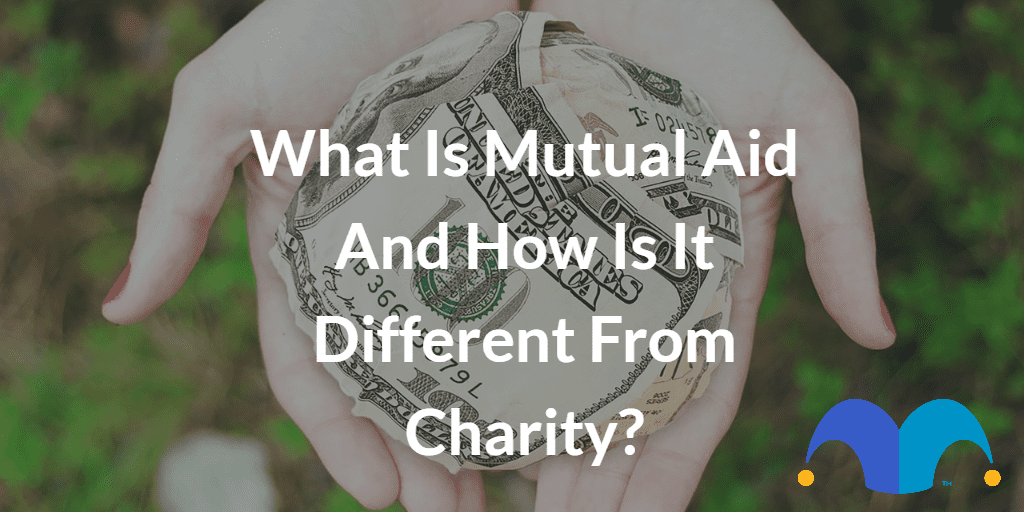If you’re in the lucky group of people who’ve got a bit of money to spare, you’ve probably donated to charity. Charities aren’t the only way to give back to the community, though – mutual aid is growing. But what is mutual aid? What’s the point? And how can you get involved? Let’s take a look.
According to the Charities Aid Foundation, 31% of adults donated to charity in 2020. UK donors alone donated £609.1 million in the first half of 2020. While charitable donations are popular, they aren’t the only way to give. In 2020, more than three billion people helped a stranger, more than in any year since 2009. Helping a stranger – or a neighbour – is the basis of mutual aid.
What are charities?
According to the UK government, a charity is an institution that:
- is established for charitable purposes only; and
- is subject to the control of the High Court’s charity law jurisdiction.
When you give to a charity, they decide how to use your money to support their charitable purpose. While charities undeniably do wonderful work, they are often outsiders deciding what a specific group or cause needs. It’s top-down, like school dinners – the recipients get what the cook thinks is best for them.
What are mutual aid groups?
They go back to the beginning of time, although under a different name. We used to call them self-help, support groups or Friendly Societies. Compared with charities, they’re more egalitarian: people from within a group or community work together to determine what’s needed, then support each other to achieve it. To continue the analogy, mutual aid is closer to asking your friends what you should bring to a group picnic.
To complicate the situation, some mutual aid organisations like Alcoholics Anonymous are also registered charities. In these cases, the charitable arm only exists to fundraise for the individual support groups.
Is mutual aid better than charities?
This is one of those areas where “better” and “worse” are unhelpful descriptions. They each have advantages and disadvantages.
During the COVID-19 pandemic, mutual aid groups formed spontaneously in response to local needs, delivering food and medicine, checking in on vulnerable people and even making and sourcing masks and other medical equipment. While charities did respond, the mutual aid groups were more agile and responsive to specific needs. However, they’re also unregulated, and they rely on members to fund their operations.
On the other hand, charities are better placed for larger, ongoing projects that need outside investment. The government regulates them, and we get tax benefits when we donate, which makes fundraising easier.
Charities like Mercy Ships or the Red Cross couldn’t function effectively as mutual aid societies. On the other hand, the mutual aid group your street set up to deliver groceries during the pandemic that pivoted to looking after sick people’s gardens couldn’t function effectively as a charity either.
How can you help?
If you want to get involved in a mutual aid society, start local. With over 2,000 groups in the UK, there’s almost certainly one in your area. And if you can’t find one, start one!
Remember, don’t give more than you can afford, and make sure you put a bit aside for a rainy day.
